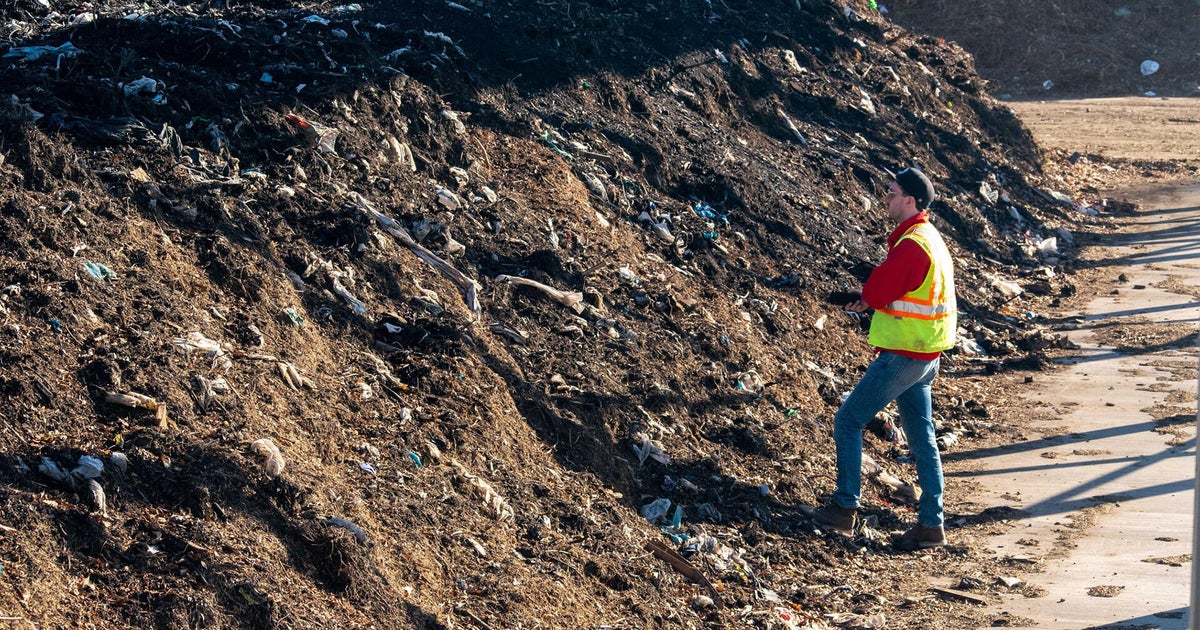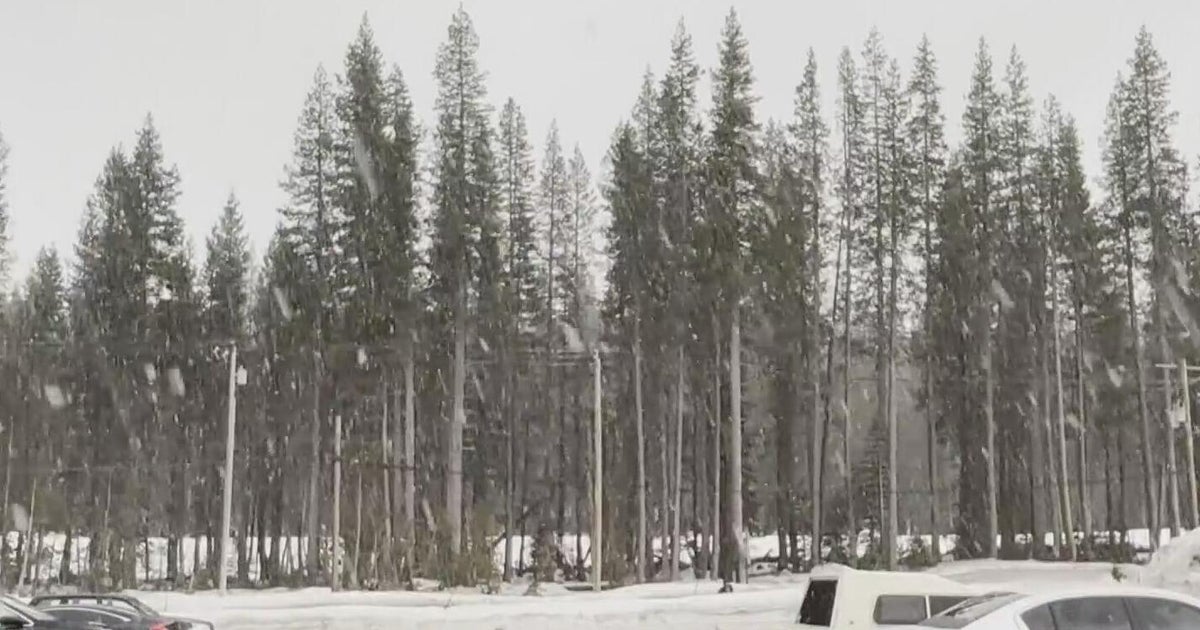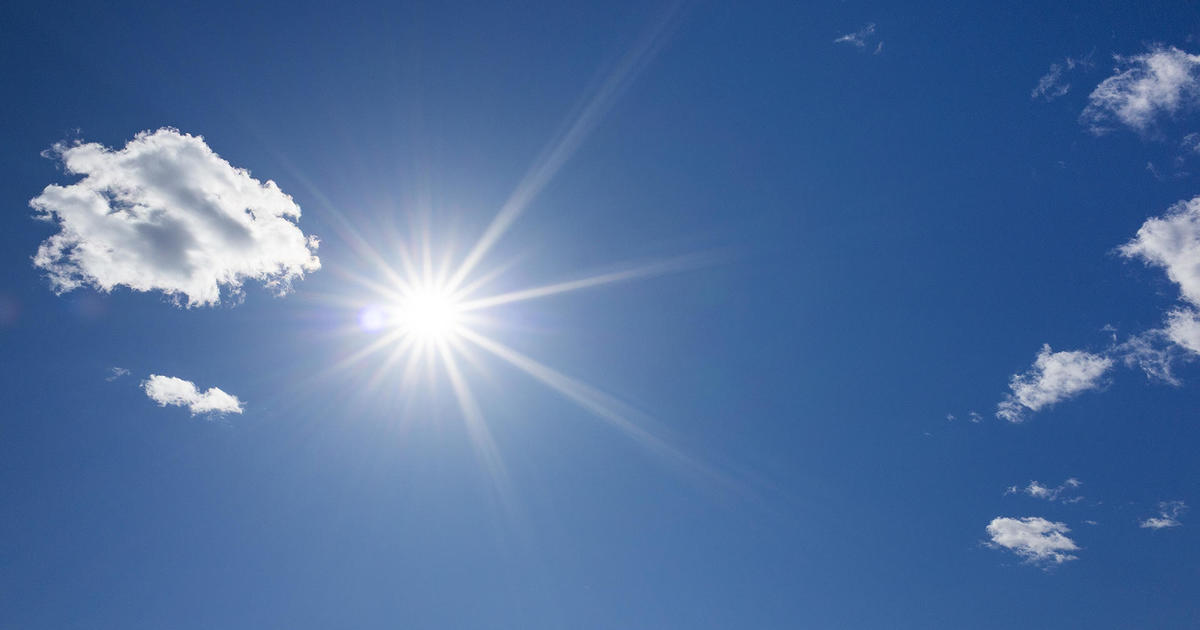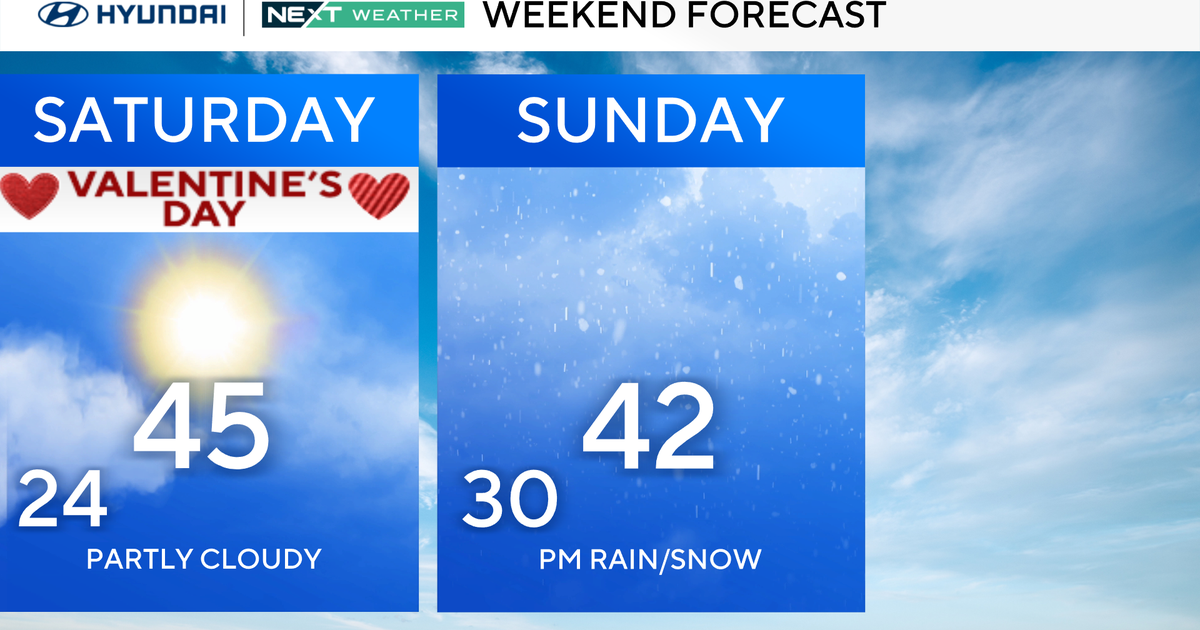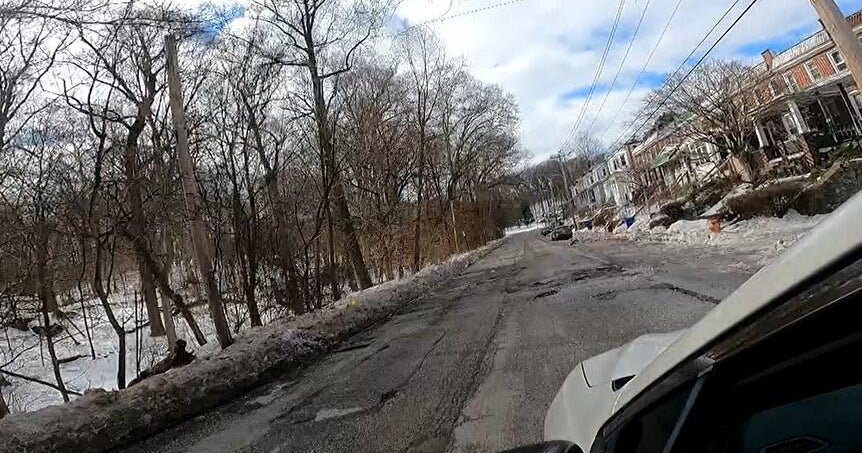Cal Scientists: Wet Winter Weather Triggering Small Earthquakes
BERKELEY (KCBS) -- The notion of "earthquake weather" may be a myth. But University of California, Berkeley scientists now say California's wet winters and dry summers may actually trigger more seismic activity.
We're not talking about the hot muggy heavy air we mistakenly call earthquake weather, but this does have to do with our Mediterranean climate.
Cal researchers looked at nine years of our winters and summers and found that the weight of the rain and snow puts pressure on the Sierra and Coastal mountains. As its runs off and dries out, the Earth's crust bounces back, tickling the fault lines and triggering quakes.
Chris Johnson is with the Berkeley Seismological Lab and one of the authors of the study published in the Journal Science.
Johnson said they use GPS to measure the mountains going up and down.
"What we see is this change in the smaller earthquakes that we're using in this study. There's a response to the faults from these really small, subtle motions," Johnson told KCBS.
Seismic activity is as much as ten percent higher when water weight shifts. But none of the quakes are bigger than a 3 magnitude.
Scientists said they tend to see most of activity in the late spring/early summer in the Sierra, summer and early fall closer to the Coast and the San Andreas when the streams dry out.

